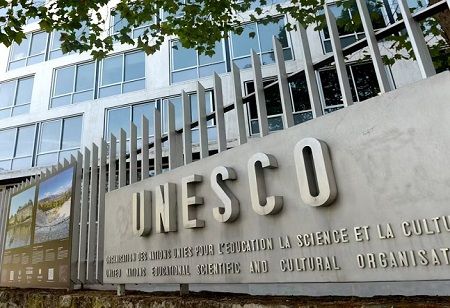The University of Doha for Science and Technology (UDST), in partnership with UNESCO, government ministers, and the International Labour Organization (ILO), organized a global symposium titled "Education and Skills for a Future-Ready Workforce: STEM and TVET for a Sustainable and Resilient Society" in Doha.
The symposium aimed to outline practical steps to cultivate a robust ecosystem involving government, education, and industry. Central discussions revolved around adapting to the swiftly changing industrial landscape and empowering graduates with the requisite skills to navigate a competitive environment while adhering to sustainability objectives, thus contributing to the resilience of societies.
This event was a direct response to a directive from the Committee of Ministers of Higher Education and Scientific Research in the Gulf Cooperation Council (GCC) nations, marking a significant stride towards meeting the directive's call for establishing a platform to delve into specialized fields crucial for the present and future job markets.
Over the span of two days, the conference convened regional educational institutions, industry stakeholders, and policymakers, facilitating discussions on the pivotal role of STEM and TVET in shaping a workforce primed for industry demands. Furthermore, it acted as a forum for crafting a comprehensive strategy across GCC nations to enhance education and workforce mobility.
Mr. Salah Khaled, the UNESCO Representative to the Gulf States and Yemen and Director of the UNESCO Office in Doha, underscored the symposium's significance in advancing STEM education alongside technical and vocational training not only within Qatar but also on a broader scale. His emphasis aligned with UNESCO's strategy for Technical and Vocational Education and Training 2022-2029, which champions youth employment, entrepreneurship, justice, gender equality, and the transition towards green economies and sustainable societies.

